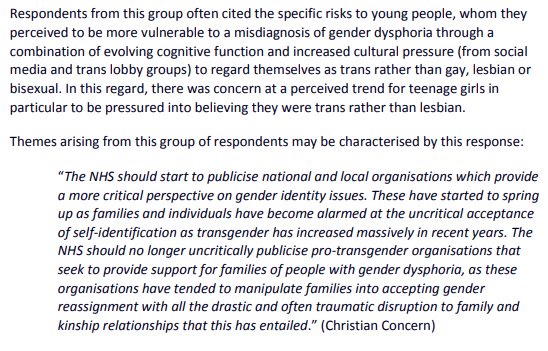but i can't hold it inside any longer - and i won't learn shit from that - so here it is
the actual slides are in this link, for the curious
docs.google.com/presentation/d…
"The phenomenon whereby an individual with an attribute which is deeply discredited by his/her society is rejected as a result of the attribute. Stigma is a process by which the reaction of others spoils normal identity."
in the actual presentation, i didn't go very deep in this, mostly because i genuinely didn't know how to do so without going deep into social theory people wouldn't be familiar with
or rather, what makes games not games, actually, which is a far more fun proposition to work with~
patrick-lemieux.com/projects/What_…
(give the thread a read, btw)
her accounts of this process are in her site
nathalielawhead.com/candybox/
if i acknowledge that a good game is good by virtue of following, in the right ways, the criteria for being good, then there are two possible ways for a game to be bad
and the second is the game that eschew these criteria entirely, and go towards something which should not exist within the field of the possible
the message is quite clear - your game shouldn't exist because it can't exist, and rather than confronting the fact that i did not account for its possible existence, i'll blame you for not following my idea of what is right
which is built as a player who is, first and foremost, the consumer of the game - and here i build upon the amazing criticism @thotxcouture build on her essay Kill the Player
mattiebrice.com/kill-the-playe…
the first, in which i allude to Black Panther, is to make Good Games which incorporate these marginalized groups in the production process
not as more good games that ain't quite there, but rather games that forces us to reconsider the very way we conceptualize games
with radically new production processes and good practices and good design standards, which extend the ideal Everyone to the actual Everyone
unless we actively work towards this cultural shift - which ain't just a content shift, but rather a process shift - i don't think we'll be able to make games which...
aaaaand i think that's about it x3
please, do add criticisms and commentaries on this thread - i am deeply curious as what you feel about it <3






